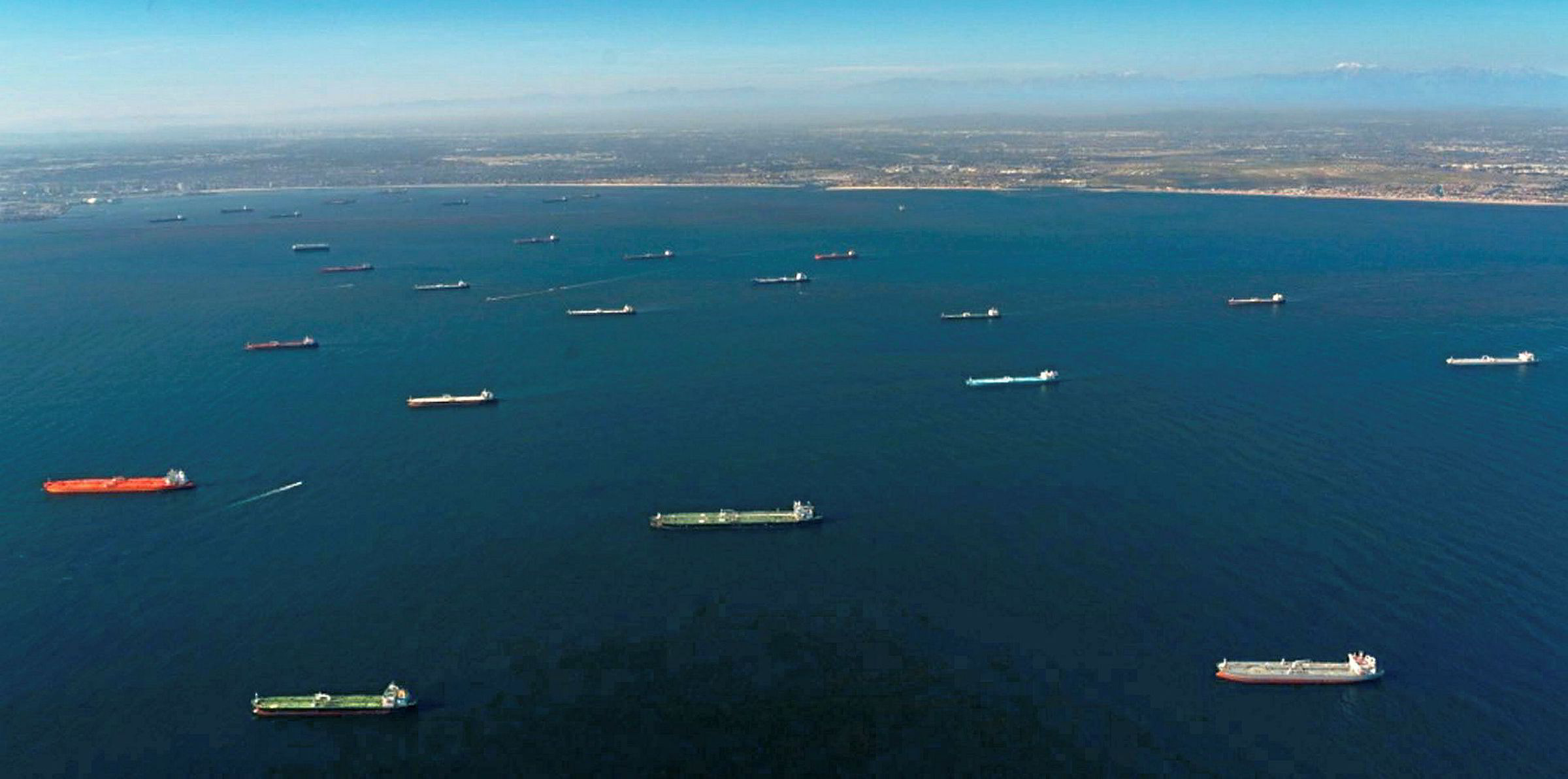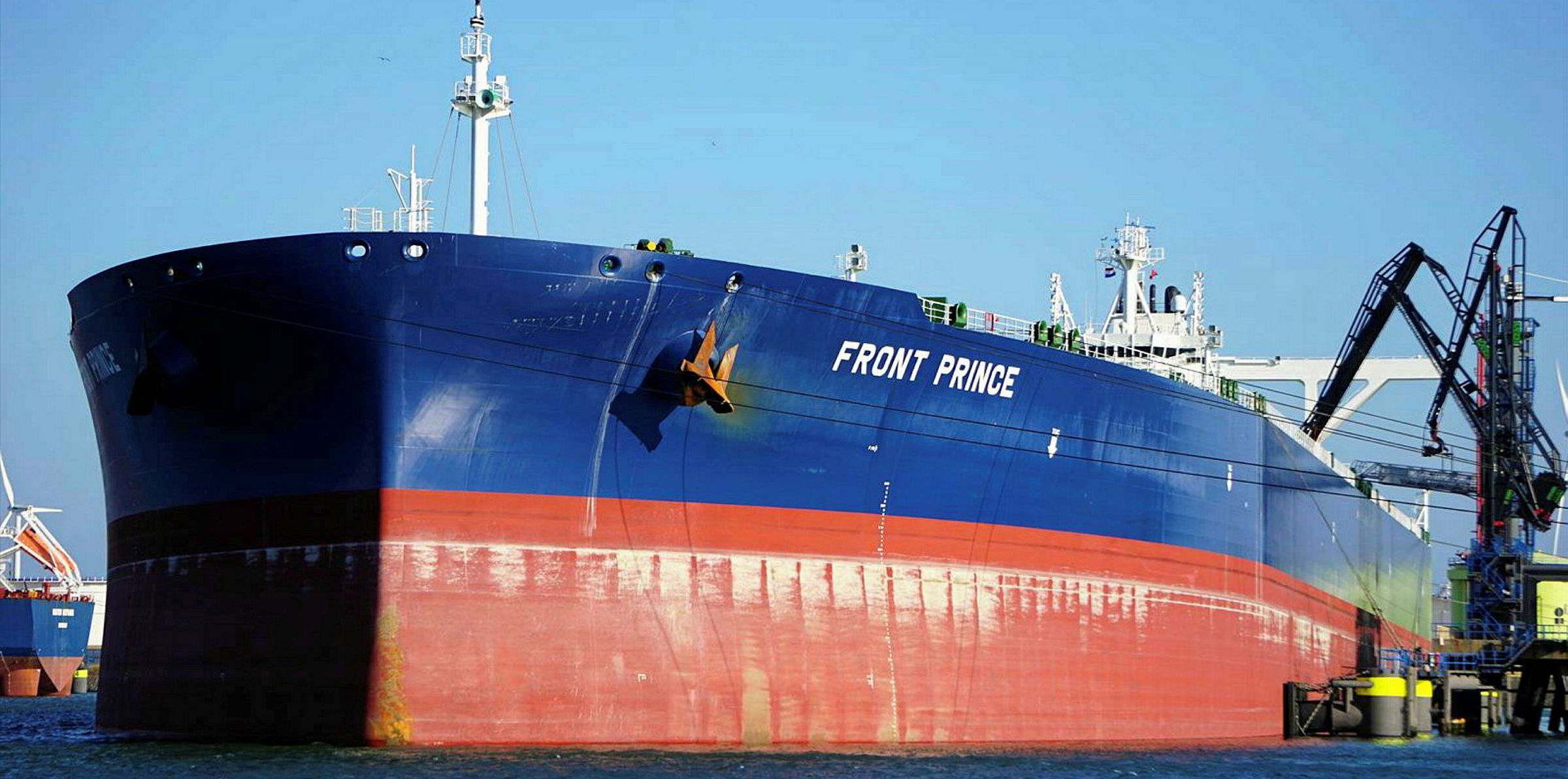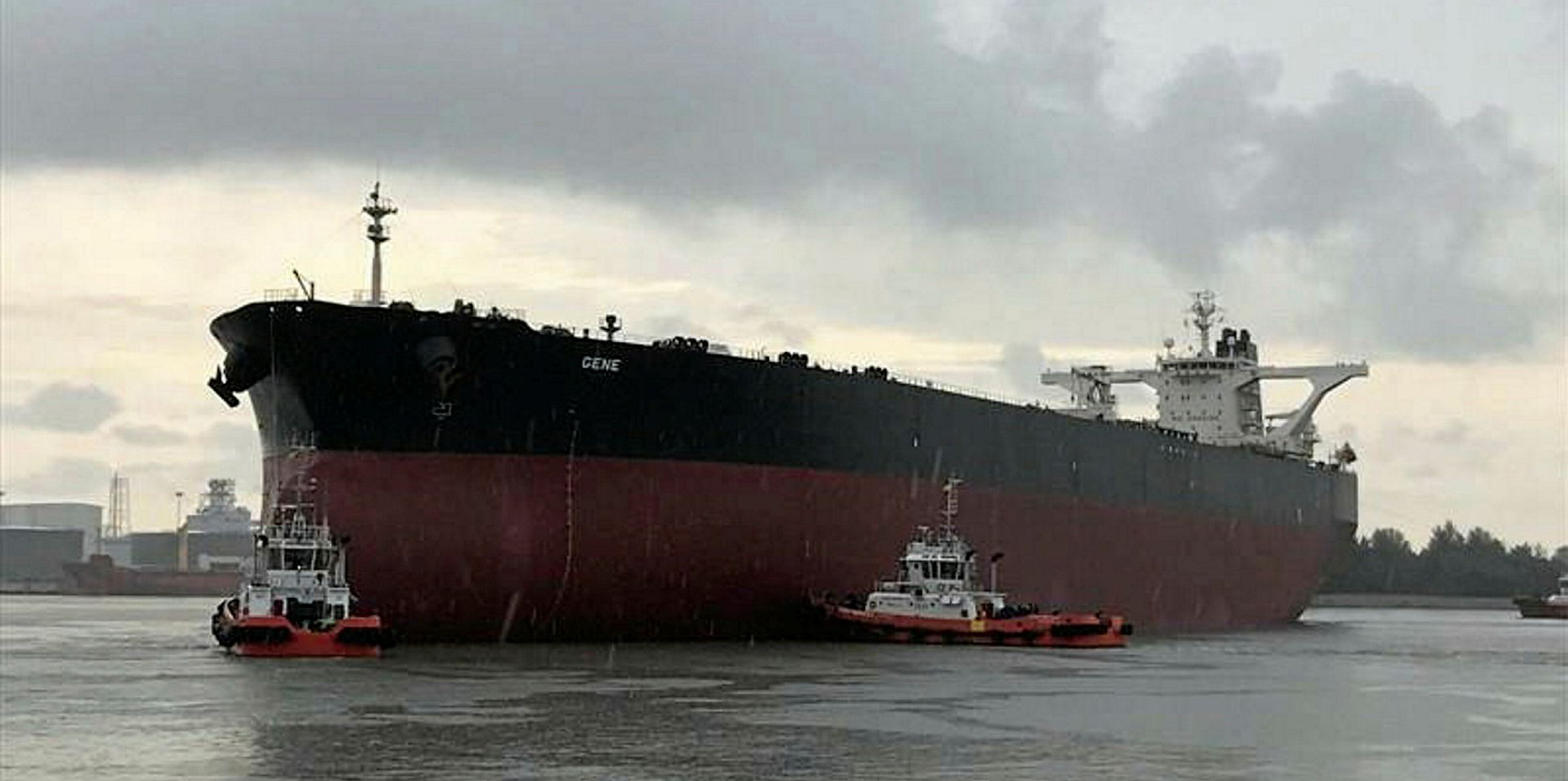Spot VLCC earnings are enjoying strong gains with large tonnage absorbed in the period market, but doubts remain over a sustainable rally with still-shaky floating storage economics despite recent improvement.
Brokers report that more than two dozens crude and product tankers have been fixed on short charters in the past week, including at least 10 VLCCs — the busiest week in the period market since the second quarter.
In the same period, global average VLCC earnings have more than doubled to exceed $25,000 per day, the highest in about two months.
“The trigger point was a reopening of the contango arbitrage window,” Arctic Securities said. “The tanker market is highly seasonal and second-half September is the typical winter market turning point.”
But others are not convinced of the current market strength, citing low exports from the world’s main crude producers.
“There is still plenty of tonnage around…with continuing lack of demand,” said brokerage Charles R Weber, adding that the recent rate spike is driven by sentiment.
Floating storage chatters
Many oil analysts, including those at Rystad Energy, believe oil firms now have more incentives to store oil at sea due to widening contango amid the second wave of coronavirus.
But the current contango remains much narrower than the level seen in spring, when tanker rates rose to all-time highs on historic demand for floating storage.
Some tanker experts have questioned whether the recent period charters are indeed related to contango play as reported rates appear too high for charterers to profit.
Of the seven VLCC period fixtures recorded by Braemar ACM last week, five were for vessels built after 2010.
Those were chartered for three to 15 months at daily rates of between $29,000 and $42,000, depending on vessel ages and period lengths. In comparison, analysts suggest three-month rates would need to be below $24,000 per day for storing oil at sea to be profitable.
“The recent sell-off in oil prices caused an increase in floating storage chatter, and perhaps some inquiry, but as of now the price differentials across the first few months of the Brent forward curve are likely too tight for profitable floating storage,” Clarksons Platou Securities said.
Fearnley Securities said Trafigura alone was believed to have put more than 10 VLCCs on period charters last week, suggesting this chartering spree could be linked to its hedging activity in the forward freight agreement market.
“It looks like Trafigura are just bidding up the market for whatever reason. The others are not playing ball,” a broker said.
Another said: “Vessels recently fixed are mainly not old tonnage…This is all speculation.”
TradeWinds earlier reported Trafigura recently fixed at least eight VLCCs on short charters. The trading giant declined to comment on the fixtures.
Trade weakness
If more ships are to be used to store oil, spot earnings could be supported with reduced vessel availability, tanker experts have suggested.
In contrast, vessels taken on speculative positions can often be released back into spot trading later.
Despite the recent rate rally, some market players said tanker fundamentals remain weak amid low oil exports.
“There are not many cargoes in the Middle East Gulf,” said a broker, adding that many remain skeptical over the market strength.
In its latest monthly report, Opec has revised its forecast for global oil demand downwards by 400,000 barrels per day (bpd) to 90.2m bpd this year — a decline of 9.5m bpd from 2019.
The oil cartel and its Russia-led allies are widely expected to keep their production cuts until at least year-end.
Evercore ISI equity analyst Jonathan Chappell suggested that, even if more floating storage emerges, tanker owners would not benefit in the long run.
“The only beneficiaries of another short-term super spike associated with floating storage would be owners looking to issue equity (or promote their stock on American TV) and investors that didn’t sell fast enough in April,” Chappell wrote in a note.
“For the rest of the industry, soft demand and renewed floating storage only prolongs the destocking event that is likely to weigh on tonne-mile demand for the foreseeable future.”







